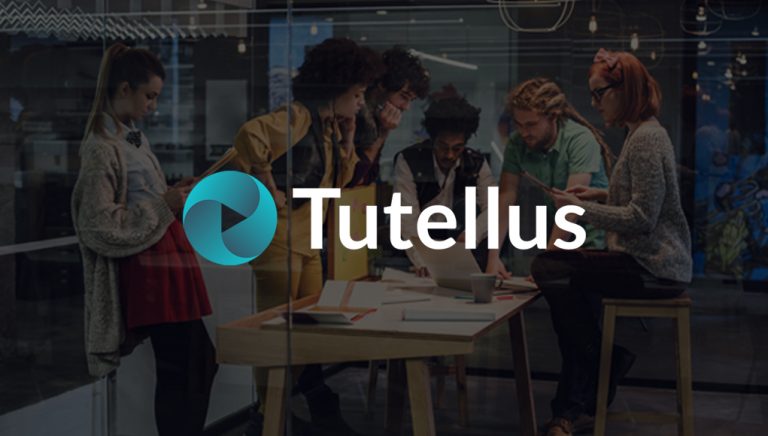
This is a paid press release, which contains forward looking statements, and should be treated as advertising or promotional material. Bitcoin.com does not endorse nor support this product/service. Bitcoin.com is not responsible for or liable for any content, accuracy or quality within the press release.
The sooner our education system is digitally disrupted, the better
It’s difficult to measure the impact of higher education, either in a monetary sense or otherwise, although a few studies have tried. One recent study, involving 14,780 higher education institutions in 78 countries over six decades, suggested that doubling the number of Universities in a region results in a 4.7% increase in GDP per capita over five years.
Two main reasons were suggested by the authors – a rise in workforce skill levels, and improved research and innovation.
This is a vote of confidence for a higher education model that is coming under increased scrutiny, particularly as the cost of University tuition continues to balloon all over the world. In fact, OECD countries are currently spending an average of 1.6% of their GDP on higher education, up from 1.3% in 2000.
In light of continual increases in the cost of higher education, we must ask whether we might be able to achieve these increases in workforce skill levels via a different systemic path.
Digital Disruption
Recent years have seen the rise of various platforms that host what might fairly be called recreational educational content, such as Udemy, Udacity or even YouTube. These platforms offer opportunities for self-education, and although they may offer courses relevant to many professions, they can’t really be considered competitors to the traditional education system because their courses aren’t recognised by employers.
Tutellus xxx, yyy explains what needs to change in the digital education space:



